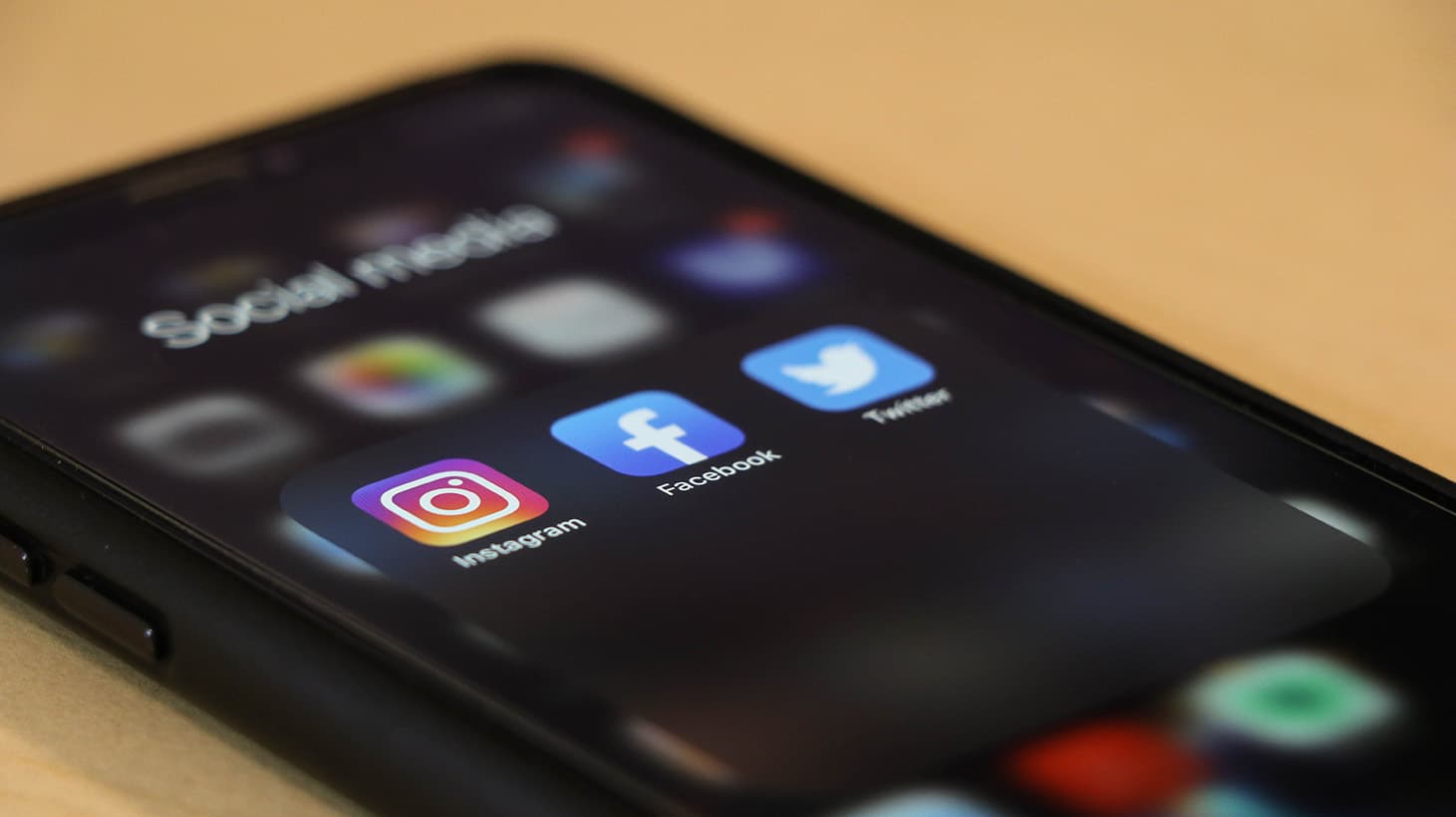In today's world, the phrase "social media" and "mental health" go hand-in-hand. While social media can be a positive force in finding community and opening communication doors, sometimes the wrong doors get open as individuals self-diagnose their own mental health. Melissa Batt, MD, MPH, assistant professor of psychiatry in the University of Colorado School of Medicine dives further into the topic. Read on to learn how to look out for misinformation and when to seek professional help.
In many ways, the increased awareness that social media have brought to mental health is positive – people are more willing to name and discuss feelings and experiences that had long been locked away in silence and, sometimes, shame.
As with many things on social media, though, there’s a “however…”
However, with the increased awareness of mental health supported by social media and easy internet access has come an avalanche of self-diagnosis. Spend even a few minutes on TikTok exploring the tag #MentalHealthAwareness – 20.2 billion views and counting – and mental health diagnoses of questionable provenance emerge.
May is Mental Health Awareness Month, an important time to recognize the significant role that social media can play in highlighting mental health, and to encourage a measured approach to diagnoses that are more successfully made when working in partnership with a mental health professional.
“I think that’s what social media was designed to do, to create connection and community, and I love that people are trying to find each other and having more conversations about mental health,” says Melissa Batt, MD, MPH, assistant professor of psychiatry in the University of Colorado School of Medicine. “But there’s a lot of misinformation out there and if you want to believe something, there’s a lot of good and bad information to support you.”
Pandemic self-diagnoses
Even before the COVID-19 pandemic, Batt says she noticed a growing number of adolescents, teenagers, and young adults who were coming to appointments with a mental health diagnosis that they felt applied to them. The pandemic heightened the trend toward self-diagnosis not only among teenagers and young adults, but parents and caregivers as well.
“So many parents were concerned that their child had ADHD or that they themselves had it because they couldn’t focus on remote work or remote school,” Batt says. “I wouldn’t expect any child of any age to perform well doing remote school, and I would expect remote work to be challenging for adults, too. But it isn’t necessarily cause for alarm or an indication that you have ADHD.”
Certain mental health diagnoses, or self-diagnoses, are very prevalent on social media, including ADHD, OCD, and depression. However, using OCD as an example, wanting structure and preferring for things to be a certain way are not necessarily symptoms of OCD, Batt says, especially if an individual is still able to function and have the quality of life that they want. People sometimes use the term “OCD” incorrectly, to indicate they are particular or organized, but the use of the term in this way makes light of the severity of the diagnosis and the suffering it can cause.
Being mindful of worries
As far back as the early 2000s, mental health professionals were recognizing the power of the internet “to make everybody an expert,” says Jennifer Hagman-Hazell, MD, professor of psychiatry in the CU School of Medicine. “Anybody can Google any problem, no matter what domain of physical symptoms or emotional symptoms, and come in with a diagnosis that they found online.
“As health care providers, we need to integrate that into our awareness as we’re working with patients and talking about therapies or medications. It’s so easy for people to pick up on one symptom, but it may not be telling the whole story.”
Hagman-Hazell says that for some, a self-diagnosis can be an anchor or help to calm anxiety related to unfamiliar emotions or unexpected responses to situations in life. Another common self-diagnosis is autism, and parents can easily arrive at it following internet searches to understand their child’s concerning behavior.
“Autism is a significant diagnosis that people generally receive from specialists – health care professionals who’ve had a lot of education and training in this area,” Batt says. “Unfortunately, the wait times to see these specialists can be really long, so I do understand why people turn to the internet when they’re worried.”
As a mental health professional, she adds, she aims to be mindful of the worries and concerns that prompt people to the internet and social media platforms in the first place, and to help them develop skills to recognize accurate and inaccurate information.
“I saw a post recently on TikTok that was a young adult who was saying, ‘This is how my ADHD affects my life’ and she had a video montage of her day,” Batt says. “Very few of the things she was citing were actually ADHD symptoms, most of them were sensory processing issues. Some of them weren’t even symptoms and what she was describing was normal introversion. And there were hundreds of comments where people were saying, ‘Thank you for posting this, this is me.’ They were really identifying with what she was posting even though it was mostly misinformation.”
Accessible mental health care
A challenge for health care professionals can be that once a person has self-diagnosed a mental health condition, it is easy to incorporate that diagnosis into their identity and sense of self, Hagman-Hazell says. This, in turn, can have significant impacts on their relationships and how they orient themselves and function in the world.
“We have to be really aware of how a patient has taken in this diagnosis they’ve made for themselves,” Hagman-Hazell says. “Even if it’s not accurate, for some patients it can be hard to let go of because they’ve come to identify so strongly with it.”
However, while she urges a measured approach in consuming mental health information gleaned from social media, Hagman-Hazell says she sees real opportunity for health care professionals to create engaging social media content that offers accurate information and guidance.
“If someone has seen something on social media that causes them to think they have, for example, bipolar disorder, as a medical community we need to be using the same channels to let them know that the next step is seeing a mental health professional,” Hagman-Hazell says. “A lot of people may not have access to those services – whether they don’t have insurance or wait times are really long or they live in an area where those services aren’t available – so again, it makes sense that they would turn to social media instead. But that also means there’s a lot of room for health care to be partnering with stakeholders in the community to make mental health services more broadly and easily available.”

